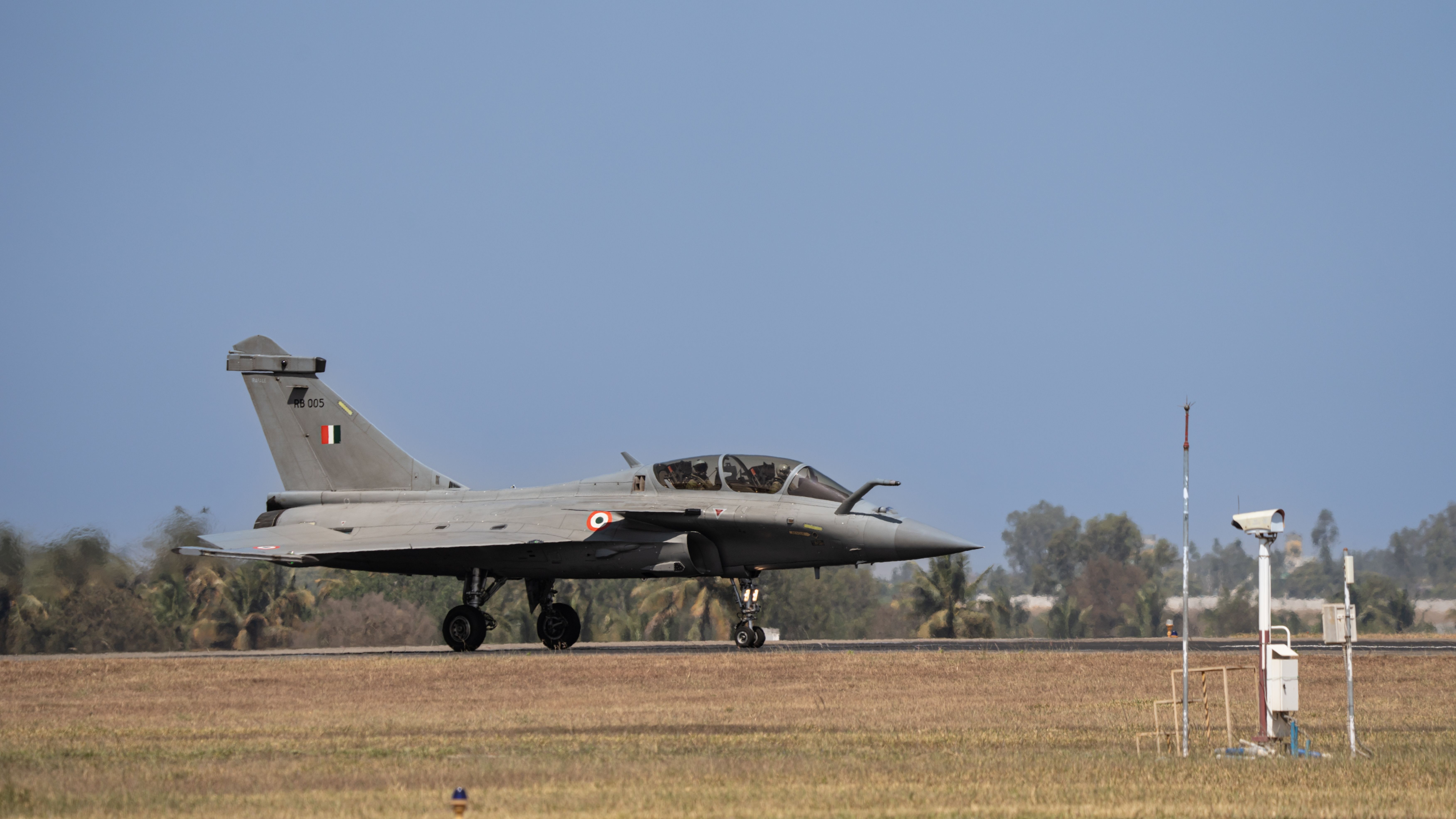SOURCE: AFI

In an intricate display of strategic maneuvering, Indian Rafale jets have been making notable pit stops in Egypt and Greece on their return journey from the United States. This carefully planned route not only underscores India’s expanding global military outreach but also highlights its efforts to fortify ties with key geopolitical allies.
India’s Rafale jets, renowned for their cutting-edge technology and combat prowess, embarked on a mission to the United States for an air exercise. The return route, however, took a deliberate detour, involving layovers in Egypt and Greece. These stops are far from mere logistical necessities; they carry significant strategic and diplomatic implications.
Egypt’s inclusion as a pit stop signifies a deepening defense and strategic relationship between New Delhi and Cairo. Over recent years, India has sought to bolster ties with Egypt, recognizing its pivotal role in the geopolitically volatile Middle East and North Africa (MENA) region. Egypt, with its strategic location and substantial military capabilities, serves as a crucial ally in India’s broader Middle Eastern strategy. The Rafale jets’ stop in Egypt not only highlights military cooperation but also signals mutual trust and the possibility of enhanced defense collaboration in the future.
Greece, strategically positioned in the Eastern Mediterranean, represents another critical partner for India. The Eastern Mediterranean region has become a hotspot of geopolitical tensions, particularly with the rise of Turkish assertiveness. India’s engagement with Greece serves multiple purposes: it supports Greece’s stand in the region, counters Turkish influence, and aligns with India’s own strategic interests in the Mediterranean. The Rafale jets’ stopover in Greece showcases solidarity and opens avenues for increased military and technological exchanges.
These stops are reflective of India’s broader strategy of building multilateral defense partnerships. Engaging with multiple nations on a single mission fosters a network of alliances and cooperation, crucial for India’s defense diplomacy. Such interactions pave the way for joint exercises, intelligence sharing, and collaborative defense projects, enhancing India’s strategic footprint globally.